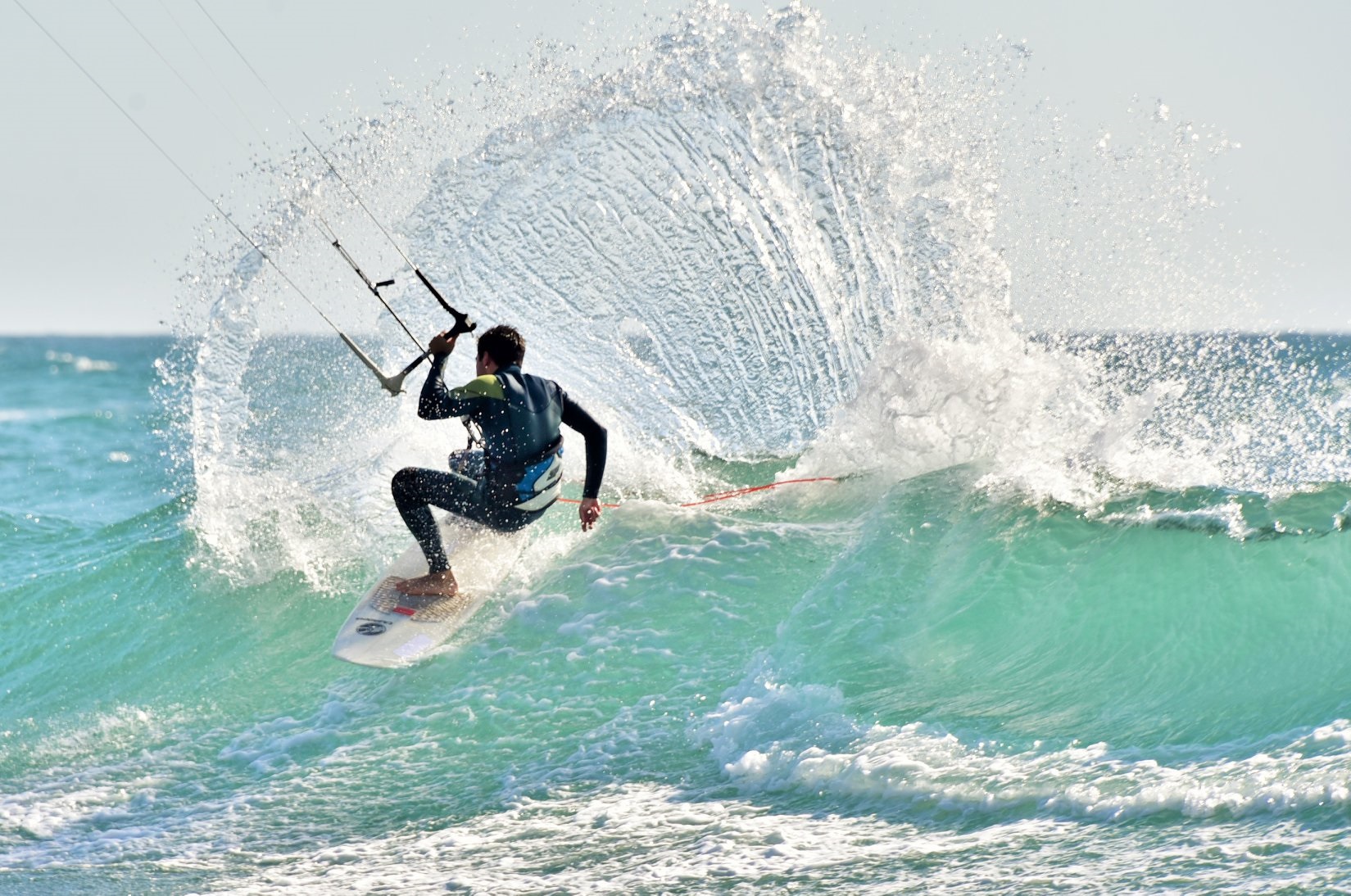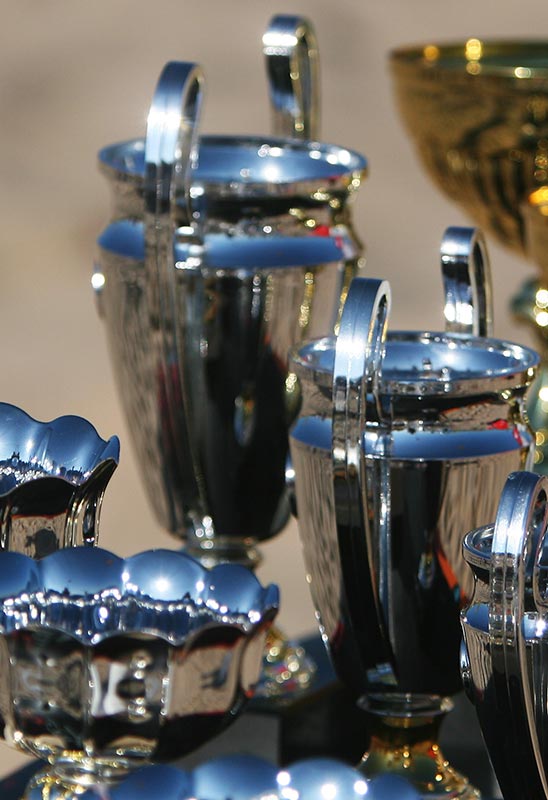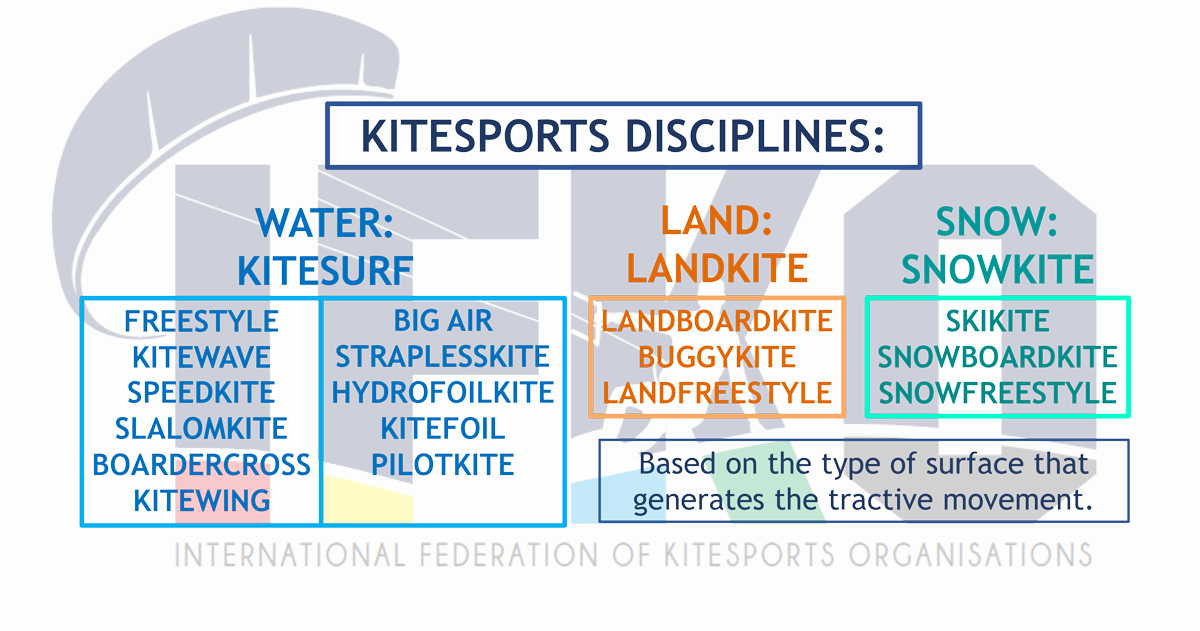

Objectives of IFKO
- To act as and carry out the functions and duties of such authority;
- To develop and to promote the practice of Kitesports throughout the world for all categories of the population regardless of race, religion, gender, physical ability or political affiliation;
- To establish, supervise, interpret and amend the rules regulating the practice of Kitesports, to adjudicate disputes and take any appropriate disciplinary action;
- To act as the supervising organisation for the sport of Kitesports, to grant and withdraw IFKO status to or from disciplines of Kitesports and to prescribe the relevant rules and measurement procedures;
- To promote cordial and friendly relations between its Members, to uphold proper operating procedures of the National Member Organisations and Unions to lead and organise Kitesports activities throughout the world;
- To protect the interests of Kitesports throughout the world;
- To coordinate, protect and represent the common interests of any Member of the IFKO;
- To promote closer links among its Members, and between its Members and any others Kitesports organisations;
- To collaborate with organisations having as their objective the promotion of Kiteboard on a world-wide basis;
- To assist it’s Full Members in strengthening their position as national leaders in Kiteboard.
- To develop specific services for its Members or non-members, collective or individual interested or associated with Kitesports, and provide them with any assistance, training and support;
- To organise IFKO events, to supervise events organized by its Members and to participate in the organisation of Competition events;
- To establish rules, control, organise, conduct, license or sanction Kitesports international competitions, world championships, events or activities, organised or recognized by the IFKO;
- To improve the quality of Kitesports training;
- To supervise the awarding of titles and their compliance with IFKO rules;
- To form Continental Unions;
- To encourage the formation of associations and federations as a form of Kitesports development;
- To promote the ideals, principles and objectives behind the Olympic Movement;
- To be a modern, flexible, transparent and accountable organisation.
- To be a member of SportAccord, obtain recognition of the International Olympic Committee, to be a member of ARISF, comply with and enforce the Anti-doping WADA World Anti-Dopping Agency Code and comply with and enforce with the deliberate CAS-Court of Arbitration for Sport.

IFKO has the aim of promoting the ideals, principles and objectives behind the Olympic Movement.
1Olympism is a philosophy of life, exalting and combining in a balanced whole the qualities of body, will and mind. Blending sport with culture and education, Olympism seeks to create a way of life based on the joy of effort, the ducational value of good example, social responsibility and respect for universal fundamental ethical principles.
2The goal of Olympism is to place sport at the service of the harmonious development of humankind, with a view to promoting a peaceful society concerned with the preservation of human dignity.
3The Olympic Movement is the concerted, organized, universal and permanent action, carried out under the supreme authority of the IOC, of all individuals and entities who are inspired by the values of Olympism. It covers the five continents. It reaches its peak with the bringing together of the world’s athletes at the great sports festival, the Olympic Games. Its symbol is five interlaced rings.
4The practice of sport is a human right. Every individual must have the possibility of practising sport, without discrimination of any kind and in the Olympic spirit, which requires mutual understanding with a spirit of friendship, solidarity and fair play.
5Recognising that sport occurs within the framework of society, sports organisations within the Olympic Movement shall have the rights and obligations of autonomy, which include freely establishing and controlling the rules of sport, determining the structure and governance of their organisations, enjoying the right of elections free from any outside influence and the responsibility for ensuring that principles of good governance be applied.
6The enjoyment of the rights and freedoms set forth in this Olympic Charter shall be secured without discrimination of any kind, such as race, colour, sex, sexual orientation, language, religion, political or other opinion, national or social origin, property, birth or other status.
7Recognising that sport occurs within the framework of society, sports organisations within the Olympic Movement shall have the rights and obligations of autonomy, which include freely establishing and controlling the rules of sport, determining the structure and governance of their organisations, enjoying the right of elections free from any outside influence and the responsibility for ensuring that principles of good governance be applied.
